During his adult life, Uli Chi has lived and worked in the intersection between business, the academy and the church. He has had the privilege of serving as past Board Chair of Regent College in Vancouver, BC, as current Vice Chair of the Board of the Max De Pree Leadership Center at Fuller Seminary, and as current Chair of the Executive Committee of the Center for Integrity in Business at Seattle Pacific University. He has also been involved in all aspects of local church leadership, including as a member of the adult ministries team’s teaching faculty at John Knox Presbyterian Church in Seattle.
Click here to view Uli's profile.

Leadership Prayers: Psalm 139
The Hubble Telescope is an extraordinary invention. With it, we can see from unimaginable distances some of the farthest reaches of the universe; and simultaneously we can look back in time to see stars and galaxies as they were thousands and even millions of years ago. Perhaps the Hubble serves as a useful analogy for God’s ability to see from far away what is going on in our lives, and to look back through our personal history even to our formation in the womb. But, unlike the Hubble, which passively gathers information from a long time ago and from galaxies far away, Psalm 139 reminds us that God knows each of us personally. Extraordinarily, God sees, not from a vast distance, but up close and in person.
Read Post
Leadership Prayers: Psalm 138
In the context of a congregation, the psalmist acknowledges that leadership is a vocation lived in all aspects of life: in the court of public opinion, among colleagues and competitors, and particularly in the presence of deadly adversaries, a life of faithful leadership plays out. Faith for the psalmist is neither tangential nor compartmentalized. It is central and integral to leadership, even a matter of life or death.
Read Post
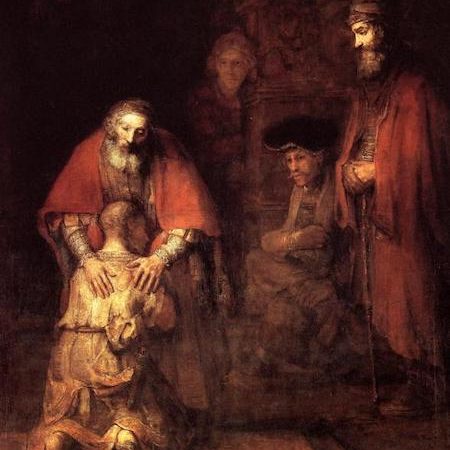
What is God Like? Conclusion
Some of us are at the height of our careers, at the height of our powers. Others are at the beginning of our vocational journey, where much is promised yet unfulfilled. Some of us are nearer the end of our journey than the beginning, where our lives and gifts appear more fragile and uncertain. Wherever and whenever we find ourselves, the challenge is to be “trustworthy in a few things.”
Read Post
What is God Like? Abounding in Faithfulness
The God who made our universe is unchangingly reliable, “the compassionate and gracious God, slow to anger, abounding in love and faithfulness.” That’s good news in a harsh and unreliable world. We have a divine counterclaim and divine counterexample to the world around us. In a world that is regularly ruthless and self-absorbed, God is always “compassionate and gracious.” In a culture increasingly ready to do and say anything, God continues to act consistently and overflows with “love and faithfulness.”
Read Post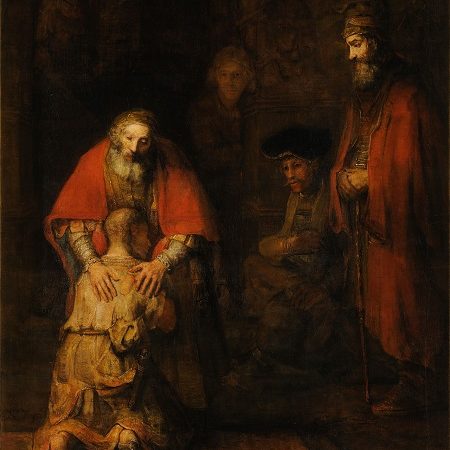
What is God Like? Abounding in Love
Today’s text suggests that God is not a distant deity with vague warm feelings toward his creatures. Instead, the Lord’s compassion and grace overflow in action with an abundance of steadfast love and faithfulness. God’s heart, God’s word and God’s actions are all congruent with one another. So it should be for all of us who claim to follow and lead in God’s Way.
Read Post
What is God Like? Gracious
Seeing life as a gift and seeing our redemption as a gift shapes the kind of leaders we become. Biblical hope is irresistibly resilient not because we are great leaders who are relentlessly determined to overcome all obstacles, but because the LORD is “the compassionate and gracious God.”
Read Post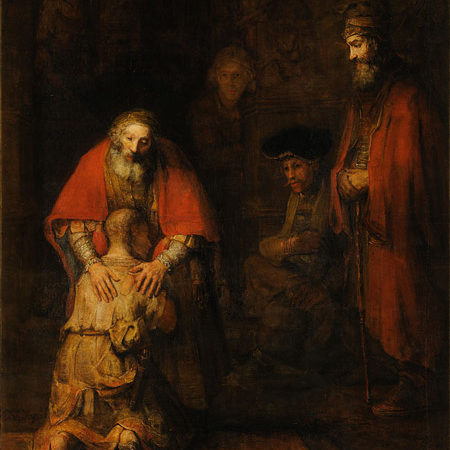
What is God Like? – Compassionate
Is there a personal God and what might such a God be like? One of the problems with the way the Bible describes God is that God cannot be manipulated. In other words, no scientific experimentation is possible. If we are to know anything about God, it would require God’s self-revelation. That’s why the Bible is the essential book of human culture, since it claims to be the unique record of God’s self-revelation in human history. So, what is this God of the Bible like?
Read Post
What is God Like?
One of the challenging parts of the Christian journey is to undo our misconceptions of God. However we accumulate such conceptions, it’s important that we replace them with a biblically rooted vision of what God is like.
Read Post
Counting on a Wise Heart
Numbering comes naturally to human beings. It’s hard to imagine human society functioning without our ability to keep count… We’ve invented previously unimaginable technologies to expedite the process. It’s led to the ability to quickly calculate all sorts of measures for all manner of things. On the downside, this has enabled us to generate volumes of data which may be of little value. Today’s text reminds us that this need not be so. Counting and wisdom can go together. But how do we learn to count well as human beings?
Read Post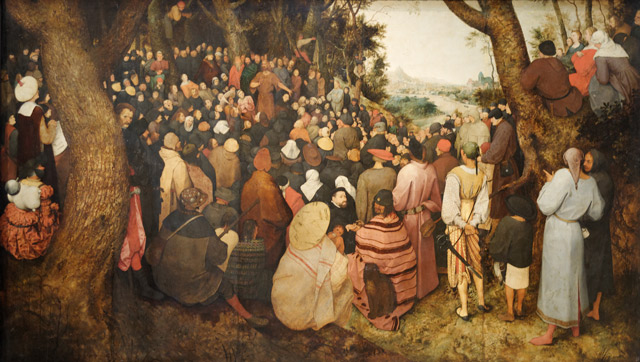
The Way of Repentance
What kind of preparation would be required when God shows up to announce the good news that he is the rightful Lord of this world and that he is about to make everything right? Surely that would be the most momentous event in human history. Who would be God’s “advance team” to get people ready? What would they do to prepare people for God’s coming? How would they go about their work?
Read Post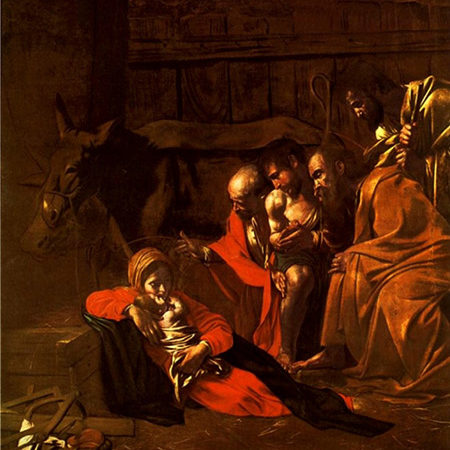
Light in the Darkness
Darkness is our beginning / Not our ending. // We begin in darkness / The womb of Creation / Covering the face of the deep. / So also, darkness is the beginning / Of Redemption. // A Star appears in the darkness— / A signpost to the wise / Of all times and from all places / To leave their darkness / And journey to find him / Who is Light.
Read Post
Thankful Work
It’s worth remembering that our position, privilege, and responsibility are meant to bless others, not just ourselves. Giving thanks for our blessings is intended to provoke us to respond to those blessings in a way that benefits others. We are called as God’s people to care for those who are disadvantaged—“the foreigners, the fatherless and the widows who live in your towns (that they) may come and eat and be satisfied, and so that the LORD your God may bless you in all the work of your hands” (Deuteronomy 14:29).
Read Post
Finding Joy in Work
God alone is the source of our joy, in our work as in everything else. Our joys are like a metaphorical tree, where God is both the root and trunk. All else in our lives, including our work, are like the branches, leaves, and fruit. No joy in our lives is sustainable apart from being rooted in and connected to God. [And] because God calls us to be his servants, all work serves his purpose and therefore has ultimate meaning, even when we can’t make sense of it here and now.
Read Post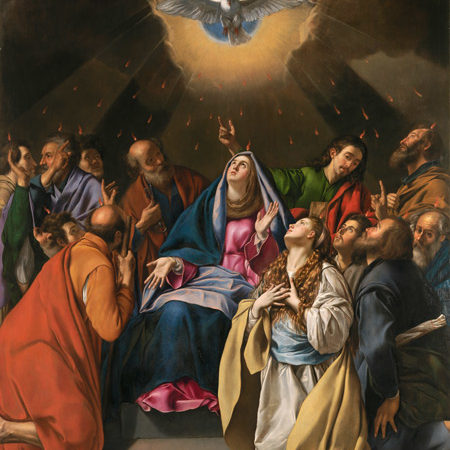
Depth Perception
Human beings were created for community. As the creation account reminds us, when God said of Adam, “It is not good for the man to be alone” (Genesis 2:18). One of God’s greatest gifts of being human is the gift of the other… We need others to help us rightly see the world around us. Without other perspectives, our view of the world flattens out. Without different perspectives, we lose vital nuance and depth.
Read Post